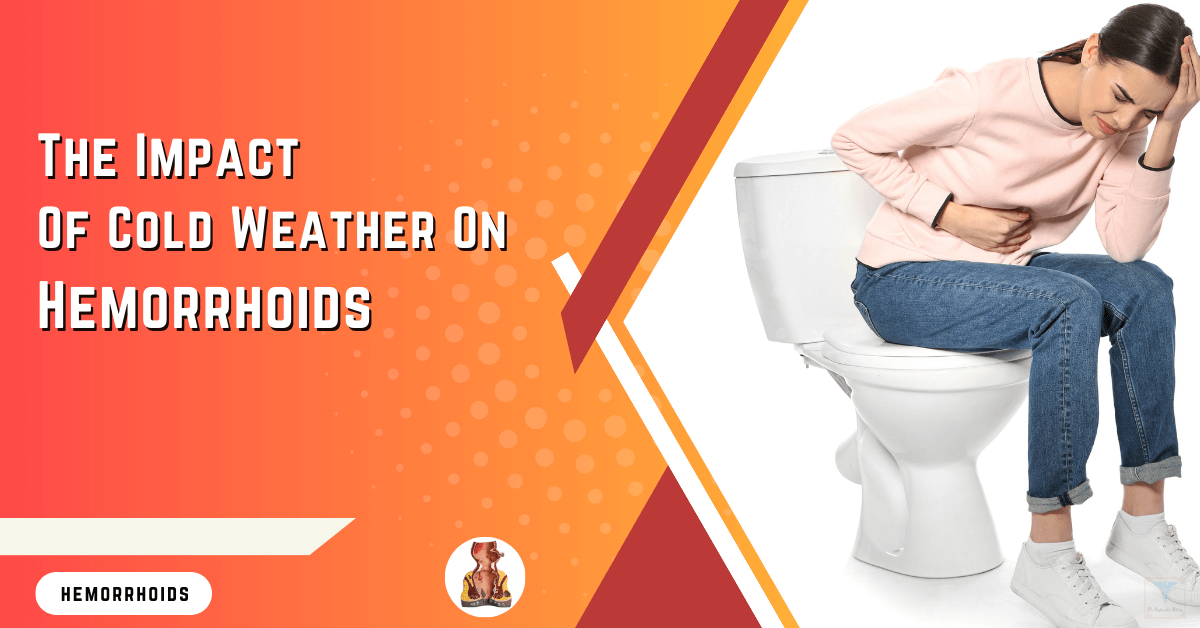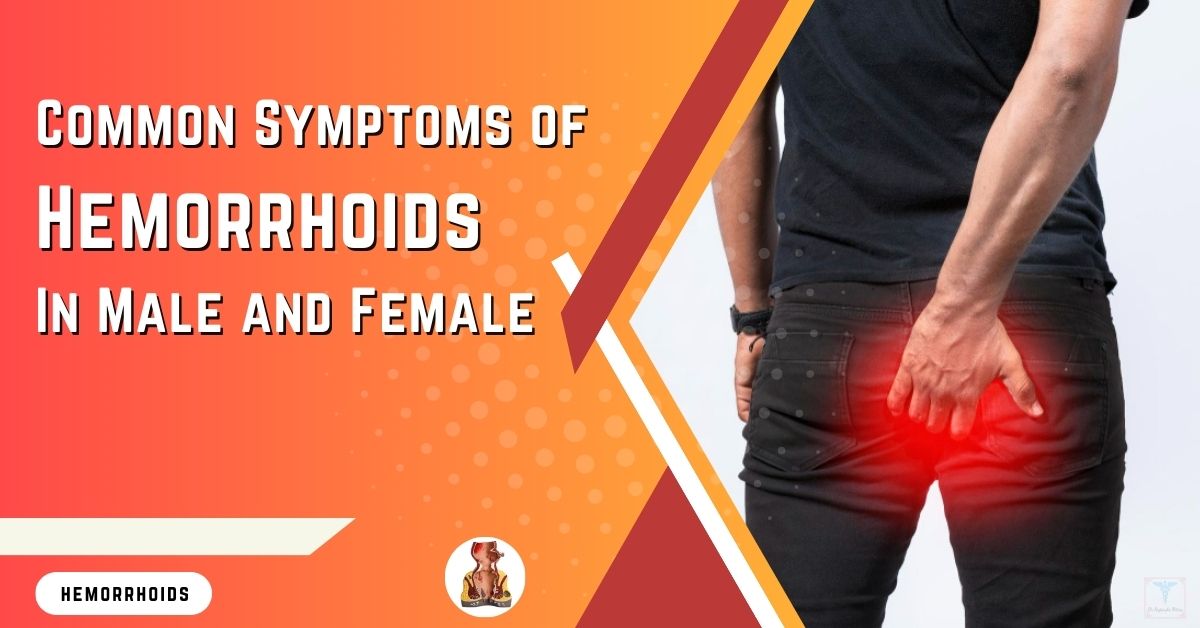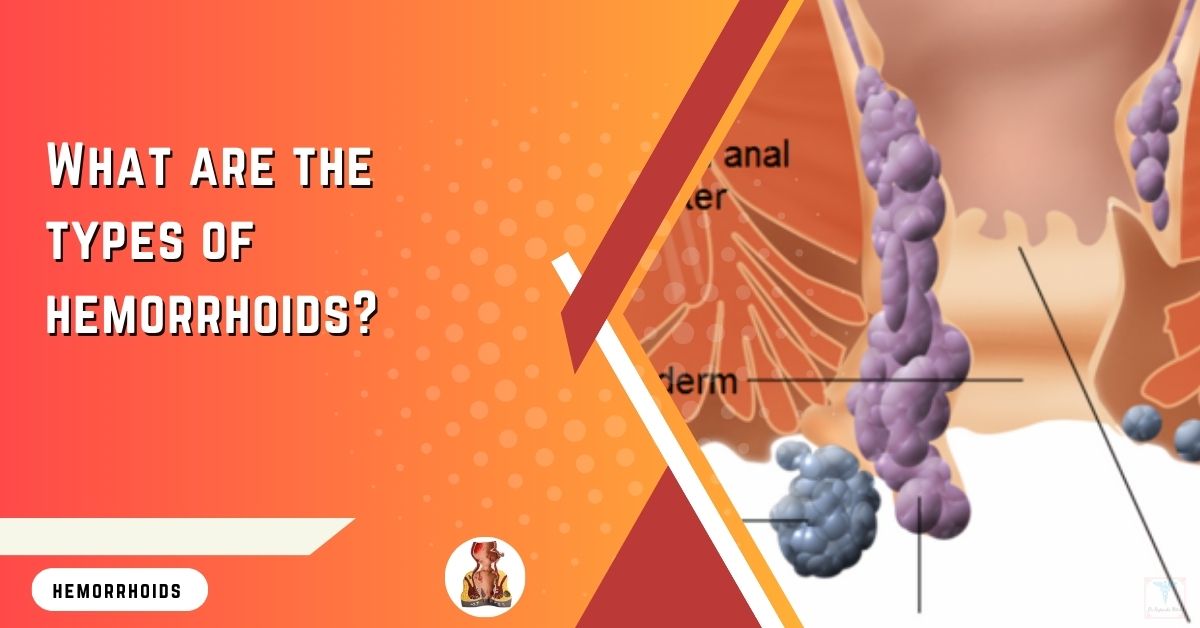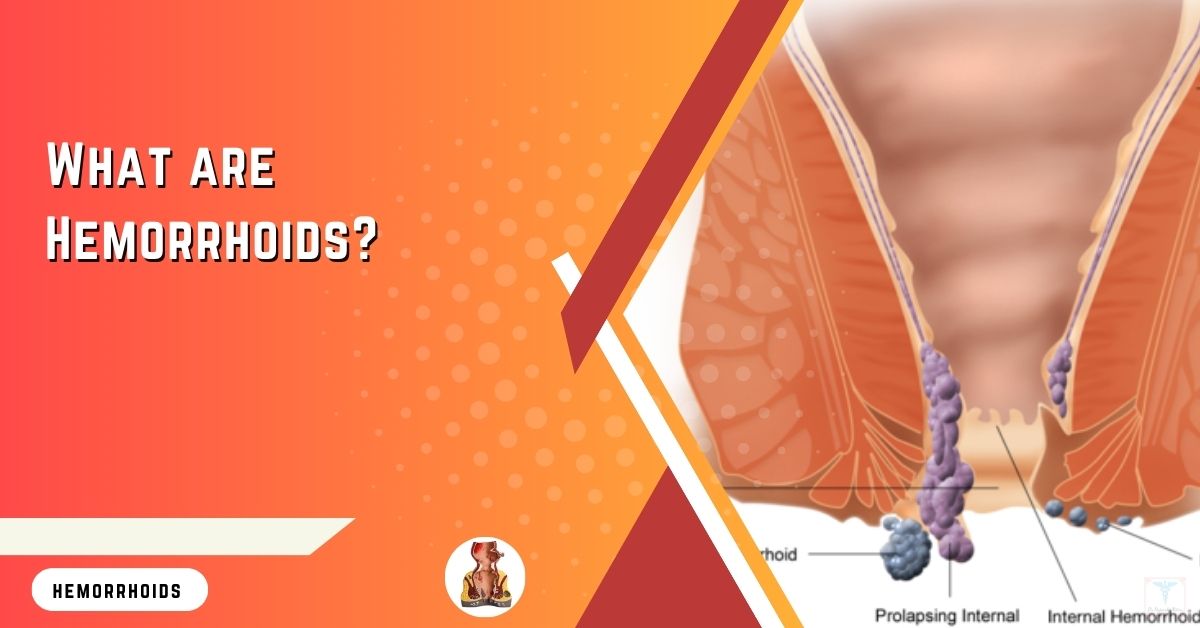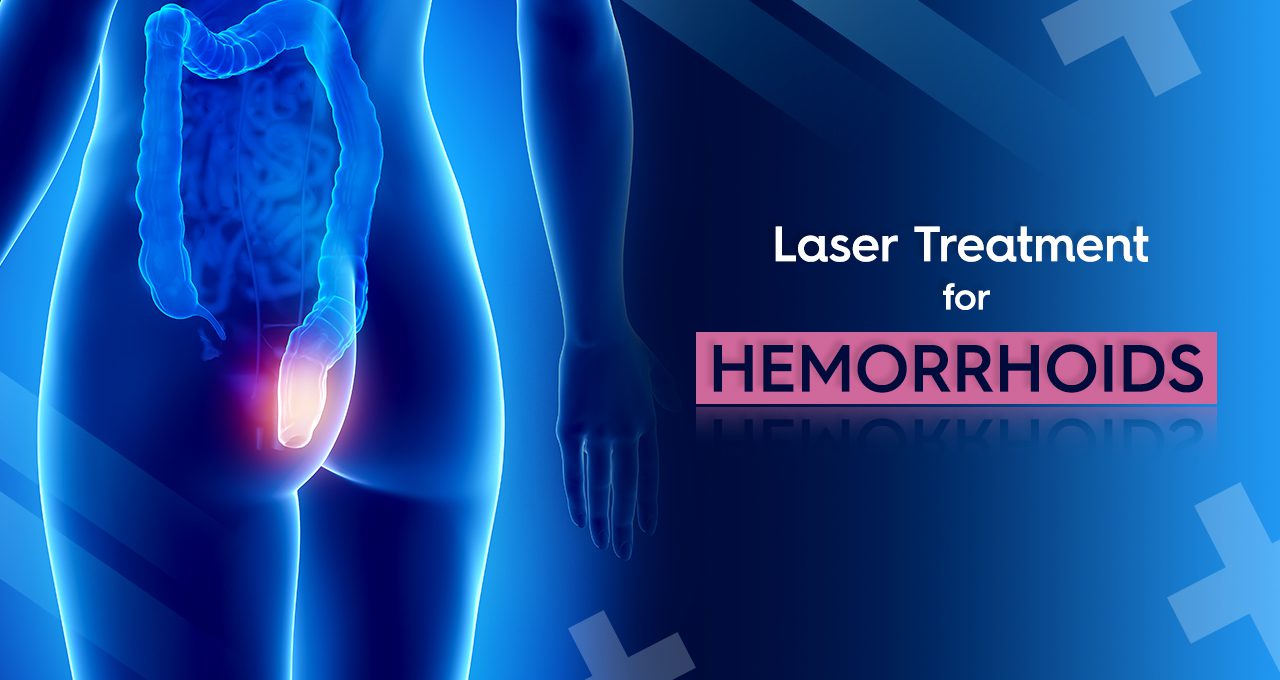Winter winds and white landscapes can be wondrous, but they also bring a bundle of bothersome issues that you may not immediately associate with the cold season—like hemorrhoids. However, an effective hemorrhoid management strategy can ensure a pain-free winter.
As you embrace the exhilaration of skiing, skating, or simply savoring the serene stillness of a snowy scene, it’s imperative to consider how these activities might aggravate an all-too-common ailment. You’ll find that managing hemorrhoids doesn’t mean missing out on your favorite frosty fun; instead, it’s about adapting your approach to stay comfortable and symptom-free.
In this guide, you’ll uncover strategies that can help you balance winter leisure with effective hemorrhoid management, ensuring your health doesn’t take a backseat to your seasonal enjoyment.
Keep an eye out for actionable advice on everything from diet to exercise that could change the way you navigate this nippy time of year.
Winter Activities And Hemorrhoid Management – Highlights
- Cold weather can worsen hemorrhoids by constricting blood vessels, so it’s important to take precautions.
- Stay well-hydrated and maintain a diet rich in fiber to support healthy bowel movements and prevent constipation.
- Opt for low-impact exercises like walking, swimming, yoga, and Pilates to prevent constipation and reduce the risk of hemorrhoids.
- Incorporate foods rich in bioflavonoids, probiotics, and fiber into your diet to promote gut health and improve digestion.

Understanding Hemorrhoids
Hemorrhoids, the swollen veins in your anal canal, often cause discomfort but aren’t usually serious. Imagine them as inflated cushions designed to help control stool, that have become a bit too engorged due to excessive pressure on the veins in your pelvic and rectal area.
This pressure can stem from various daily activities or conditions, including constipation, pregnancy, and even habits like prolonged sitting or standing.
Now, there are two types of hemorrhoids you might encounter. Internal hemorrhoids form inside the anal canal, staying out of sight and often out of mind unless they bleed or prolapse. On the other hand, external hemorrhoids are the ones near the opening of the anus. They’re the culprits for the itching, discomfort, and sometimes pain you might feel in the anal area.
When you face symptoms like bleeding during bowel movements, an uninvited itch, rectal pain, or even mucus seepage, hemorrhoids are likely knocking at your door. Don’t panic though; you’re not alone, and this is a shared experience in our human family.
A healthcare provider can diagnose these symptoms through a simple history and physical examination, ensuring you get the right care and feel a sense of belonging in your journey to comfort.
Selecting Hemorrhoid-Friendly Activities
While managing the discomfort of hemorrhoids is important, it’s equally crucial to choose activities that support their healing, especially during the cold winter months. Opting for low-impact exercises can reduce the pressure on blood vessels in your rectal area. You’ll want to focus on the following.
Low-impact winter exercises:
- WalkingA gentle way to stay active without straining.
- SwimmingProvides buoyancy, which reduces stress on the body.
Activities that allow movement:
- Yoga or tai chiEncourages gentle movement and can enhance relaxation.
- Indoor sportsEnjoy fun while promoting hydration and regular bowel movements.
Avoid activities that require heavy lifting or intense straining, as these can worsen your symptoms. Instead, seek out physical activity that incorporates frequent breaks to prevent prolonged sitting or standing, which can exacerbate discomfort.
Engage in activities that encourage regular bowel movements, such as a fitness class designed to keep things moving. This will support your overall digestive health and contribute to hemorrhoid care.
Remember, finding the right balance between activity and rest is key to managing hemorrhoids during the winter. So, wrap up warmly and choose wisely to stay comfortable and active this season.

Hemorrhoid Care in Cold Weather
As winter’s chill sets in, it’s essential to pay extra attention to hemorrhoid care to mitigate the effects of cold weather on blood flow and bowel habits. Remember, the cold can cause blood vessels to constrict, which may worsen internal hemorrhoids by decreasing blood flow to the affected area.
To keep hemorrhoids in check, be mindful of your fluid intake; dehydration often leads to constipation, which in turn can lead to straining during bowel movements.
To prevent issues that could exacerbate your condition, maintain a diet rich in fiber and stay well-hydrated. This will help you avoid the constipation that winter’s inactivity and holiday meals often bring.
Also, try to limit the time spent sitting on cold surfaces, as this can trigger discomfort for existing hemorrhoids. If you’re engaging in winter sports like skiing, take breaks often to reduce pressure on the rectal area.
A warm bath can soothe the discomfort from hemorrhoids, and over-the-counter creams may provide relief as well. If you experience significant pain or bleeding, don’t hesitate to reach out to your healthcare provider.
Remember, you’re not alone in dealing with this condition, and taking the right steps can help you enjoy the winter season with minimal discomfort.
Exercise and Hemorrhoid Prevention
In addition to adjusting your diet and hydration levels during the colder months, incorporating regular exercise into your routine can play a crucial role in preventing hemorrhoids. You’re not just taking care of yourself; you’re joining countless others who prioritize their health and well-being.
Regular physical activity supports proper digestion and bowel function, which helps prevent constipation and reduces the risk of developing hemorrhoids.
Exercise strengthens the pelvic floor muscles, enhancing blood circulation and supporting the veins in your rectal area. Here’s how you can integrate exercise into your daily life:
- Walking or jogging
- Swimming
- Yoga or Pilates
- Kegel exercises
- Squats
Make sure to take breaks during prolonged sitting or standing to reduce pressure on your rectal veins. This lowers the risk of hemorrhoids and protects the blood vessels in that region. Including whole grains in your diet further aids in maintaining healthy bowel movements.
Lastly, consult your Health Service or a healthcare professional for personalized exercise recommendations. They can help tailor an exercise plan that suits your individual needs, ensuring you’re on the right track for hemorrhoid prevention and overall health.
Dietary Tips for Hemorrhoid Management
To keep hemorrhoids at bay during the chilly season, it’s essential to pack your diet with fiber-rich foods that promote regular bowel movements and prevent constipation.
You’re already well aware that winter activities can be a blast, but they often come with the less-talked-about risk of hemorrhoid flare-ups. Don’t worry, we’ve got you covered with some dietary tips that’ll help you manage and even prevent these pesky problems.
Make sure you’re drinking plenty of water. Staying hydrated is key to maintaining soft stools, which are much kinder on your system. Plus, it’s a simple step that fits easily into your daily routine, no matter how busy you get enjoying winter fun.
Incorporating foods rich in bioflavonoids, like citrus fruits and berries, can be a game-changer. These powerhouses help strengthen blood vessels and reduce inflammation, which is exactly what you want for hemorrhoid management.
And while you’re at it, consider adding probiotics to your diet. They’re not just a health fad—they genuinely promote gut health and improve digestion, giving you one less thing to worry about.
Now, while indulging in spicy treats and festive drinks might be tempting, remember they can aggravate your digestive system. It’s best to steer clear if you want to avoid discomfort. Stick with these dietary tips, and you’ll be well on your way to enjoying winter activity without any unwanted interruptions.
Final Note From Dr. Rajarshi Mitra
Remember, managing your hemorrhoids during the winter doesn’t have to be a struggle. Stay hydrated, eat fiber-rich foods, stay active, and take breaks when you’re out enjoying the snow.
If you’re ever in doubt, don’t hesitate to reach out to your doctor for advice tailored to your needs. With these tips in hand, you’re all set to tackle the cold season while keeping your comfort in check. Stay warm and take care!
Dr. Rajarshi Mitra is a patient-centered, highly-rated Specialist Laparoscopic Surgeon & Proctologist in Abu Dhabi, offering Advanced Laparoscopic Surgery, Minimally Invasive Proctology & Lasers in Proctology. He is MBBS; MS (Surgery); FIAGES; FICS (USA); Dip. Lap (France); and Dip. Hernia (APHS) with 18 years of extensive experience in Laparoscopic Surgery, Minimally Invasive Proctology and Fellowship training in Colorectal and Bariatric Surgery.




